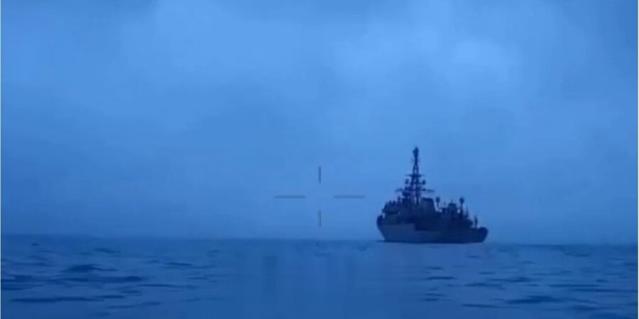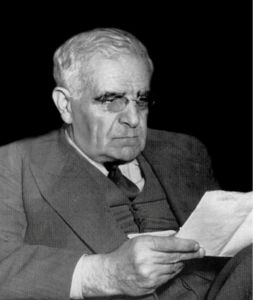The campaign starting in Armenia for the presidential election to be held on 18 February 2013 provides insights to internal political movements, restrictions, difficulties, projection towards the future and the level of democracy in Armenia. As more has surfaced recently, it could be perceived that the presidential election would create an atmosphere where it could lead to a vicious competition between those who see their future with the US and EU and are openly encouraged in this direction and those who are conscious of the existing strong ties with Russia and believe in its benefits, such a development would create political chaos and the level of relations attained with both sides could be harmed.
As a result of the calculations and bargains understandably made, the main opposition has decided not to nominate a candidate. Consequently, for the current President to be re-elected has become a formality waiting the elections. While reaching this understanding, the leader of the main opposition and its representatives have met with EU officials in Brussels and most likely have received their consent. From the government wing, the Prime Minister has paid a visit to the US, has met with US Vice-President and has probably made satisfactory promises. An indication that the US has been convinced could be seen with the remittance of 235 million dollars granted through the ‘Millennium Challenges Corporation’ which was first introduced in 2006 and revoked after the 2008 elections. In this situation, it is possible to say that Armenia will be able to continue to play its customers in the coming four years.
While speaking in the governing party congress where the President was officially nominated as candidate on December 15, he emphasized his priorities in foreign policy in the order that they will improve partnership with the Russian Federation, implementing programs that would strengthen their strategic cooperation, will improve and enlarge friendly partnership with the US, will continue their policy of getting closer to Europe and will further strengthen their relations with the European countries.
However, the President’s statements concerning the region has been disappointing and alarming in terms of stability and neighborly relations. His priority in his speech has been the recognition and condemnation of the well known Armenian allegations against Turkey in Armenia, Karabakh and the Diaspora up to 2015 as a milestone, these initiatives to be carried to a new dramatic level at international organizations, states and the international community including the Turkish public. His second priority was allocated to the issue of Karabakh, irrespective of being part of Azerbaijan’s territorial integrity, insisted on its fate to be determined exclusively by those remaining in the region after the forced evacuation of the Azerbaijani population.
While burning down all bridges with its neighbors, the President, on the other hand, has not refrained from complaining and even threatening about Armenia being isolated in the region by saying that “implementation of regional programs while isolating Armenia is not viable and will hinder regional stability”. It is not known how this stitch in the eyes of the Armenian officials will be overcome, but it should be understood by all that it is Armenia that isolates itself in the region, regional projects very well continue without its participation, new projects spring to life and it is Armenia and the Armenian people who extensively have to migrate abroad that suffers.
© 2009-2025 Center for Eurasian Studies (AVİM) All Rights Reserved
 THE UKRAINE-RUSSIA WAR AND THE BLACK SEA SECURITY
THE UKRAINE-RUSSIA WAR AND THE BLACK SEA SECURITY
 CAN SREBRENICA GENOCIDE BE COMPARED TO THE EVENTS OF 1915 WITHIN THE SCOPE OF FREEDOM OF EXPRESSION?
CAN SREBRENICA GENOCIDE BE COMPARED TO THE EVENTS OF 1915 WITHIN THE SCOPE OF FREEDOM OF EXPRESSION?
 THE OTHER SIDE OF THE COIN: 24 APRIL
THE OTHER SIDE OF THE COIN: 24 APRIL




























